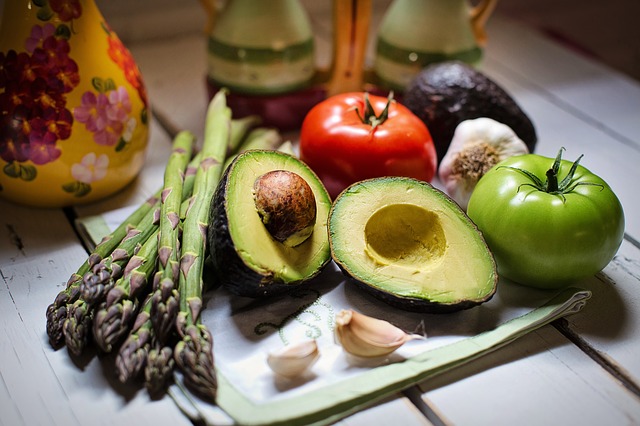UK households spent 7.2% more on essentials in May as cost of living continues to rise

Households across the UK spent 7.2% more in May on essentials, compared to the same time last year, while scaling back on non-essentials, as the increased cost of living continues to hit household spending.
According to the latest Spending Power report from Bank of Scotland owner Lloyds Banking Group, 34% more was spent on energy this May compared to last May, and 6% more between April and May of this year as households feel the pressure from rising prices.
This meant the average person is now spending £57 per month on energy bills – up from £47 since the start of the year.
Well-documented increases in the price of fuel contributed to the rise in spend by almost a third compared to last May (30%). Commuter transport spend also surged year on year, up 52%, as workers continue to return to offices.
The latest analysis - which includes standing orders, Direct Debit and card payments saw spending on grocery shopping has increased 2% in the same period.
While essential spend continues to grow, discretionary spending showed signs of slowing in May. Up by just 0.6% from April to May, year on year non-essential spending grew 11.1%, the slowest annual increase since February 2021.
People are adapting spending habits as a result of rising fuel and energy costs, as well as demand not being as high compared to May 2021, when shops reopened after restrictions lifted. Spending at department (-27%), electrical (-22%), and home stores (-8%) all fell across the year.
However, the data shows that people are still eager to take time out to relax, or go on holiday. Spending at restaurants and pubs was up almost a third on May of last year (29%), while spending on holidays saw a huge surge, trebling over the period (217%) with people keen to get away after two years of COVID-19 restrictions.
In fact, holiday spend jumped 9% between April and May this year, suggesting news of flight disruption is not dampening some people’s determination to get away.
Yet, with essential spend increasing, Lloyds Bank research found that the rising prices of everyday items is very concerning for over two thirds of UK adults (68%), up from 52% since the end of last year.
Gabby Collins, payments director Lloyds Bank, said: “We are starting to see early signs that people’s spending behaviour is adapting to the increasing cost of living. Growth in discretionary spending is tightening, while at the same time annual growth in essential spend is at its fastest rate since the start of 2022.”










